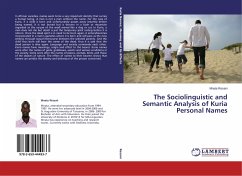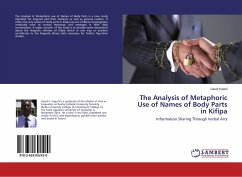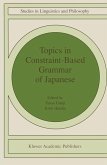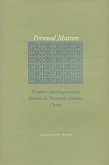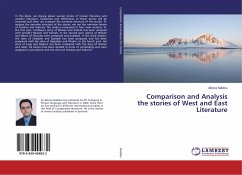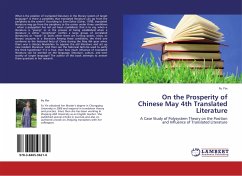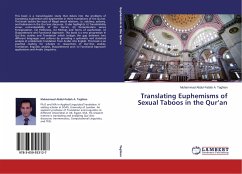In African societies, names seem to be a very important identity that carries a human being. A man is not a man without the name. For the case of Kuria, if a child is born and unfortunately passes away instantly before being named, it is not buried but is thrown in a bush or mountain regarded as the corpse of the small animal like a dog or cat. In Kuria, a man does not die but death is just the temporary spirit resting before it is reborn. Once the dead spirit is in need to be born again, it enters/becomes incorporated in a man's gametes where it is born and will pass as the new embryo through sexual intercourse between the selected parents. And the child thus born will bear the name of the dead, thus it is said that the dead person is alive again. Language and society commands each other. Kuria names have meanings, origin and effect to the bearer. Kuria names were after the names of gods, goddesses, events and various conditions in the society. Some were after the names of places, animals, birds, and those of the objects of nature. The effect of names to their bearers shows that names can predict the destiny and behaviour of the person concerned.

